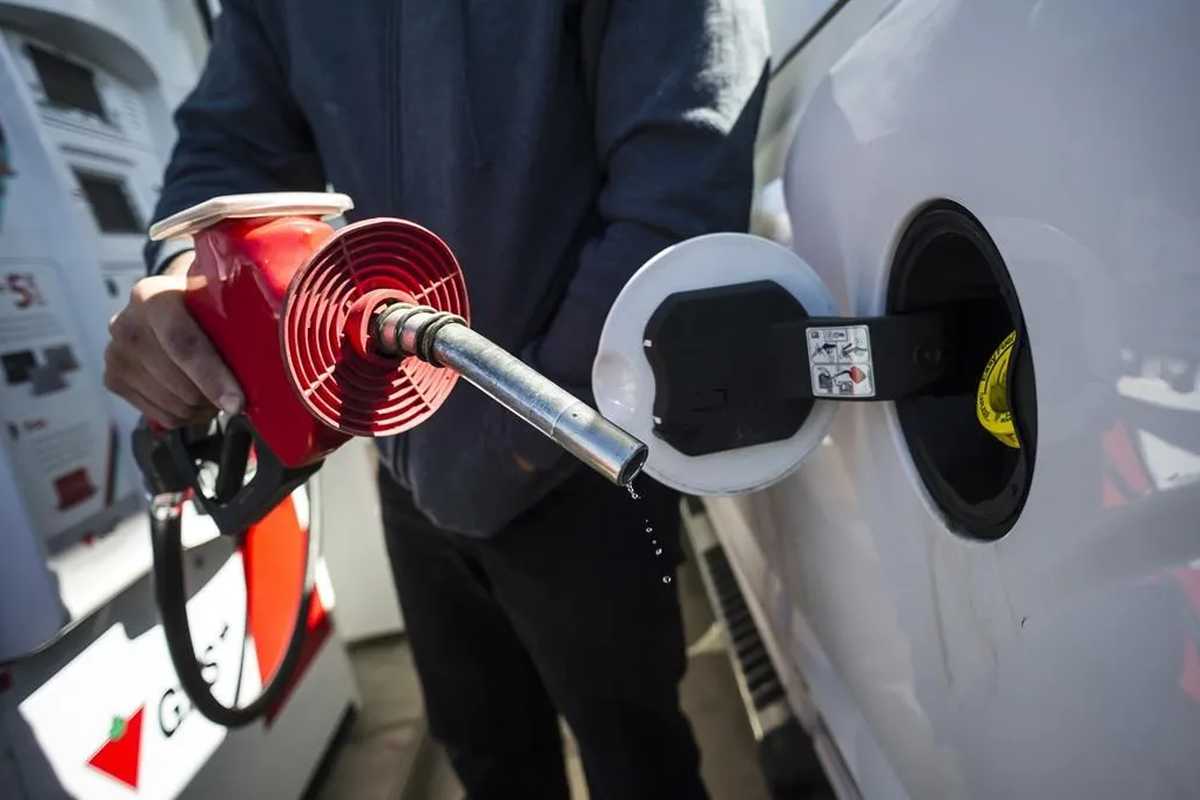The Federal Fuel Charge in Alberta is a hot topic in Canada’s energy conversation. Implemented as part of the federal government’s climate action plan, this charge is a component of the broader carbon pricing strategy.
The gist is simple: by putting a price on carbon emissions, the government aims to encourage businesses and individuals to choose cleaner, more sustainable energy options.
In Alberta, this charge directly impacts the cost of fossil fuels. This includes gasoline, diesel, and natural gas. Essentially, the more carbon emissions a fuel produces, the higher the charge. The idea is to make greener energy sources more competitive price-wise, nudging consumers towards eco-friendlier choices.
One key aspect of this policy is that the revenue generated from the Federal Fuel Charge is not just absorbed into government coffers.
Instead, it’s redistributed back to the provinces, including Alberta. A significant portion is returned directly to households through rebates, aimed at offsetting the increased cost of fuel. The rest is invested in local green initiatives and to support small and medium-sized businesses in their transition to greener operations.
Critics, however, argue about the real impact of this charge on reducing emissions and its economic implications, especially in a resource-driven province like Alberta. They raise concerns about increased living costs and the competitiveness of Canadian businesses.
Overall, the Federal Fuel Charge in Alberta represents a significant step in Canada’s climate strategy, showcasing the ongoing debate between environmental responsibility and economic challenges.

